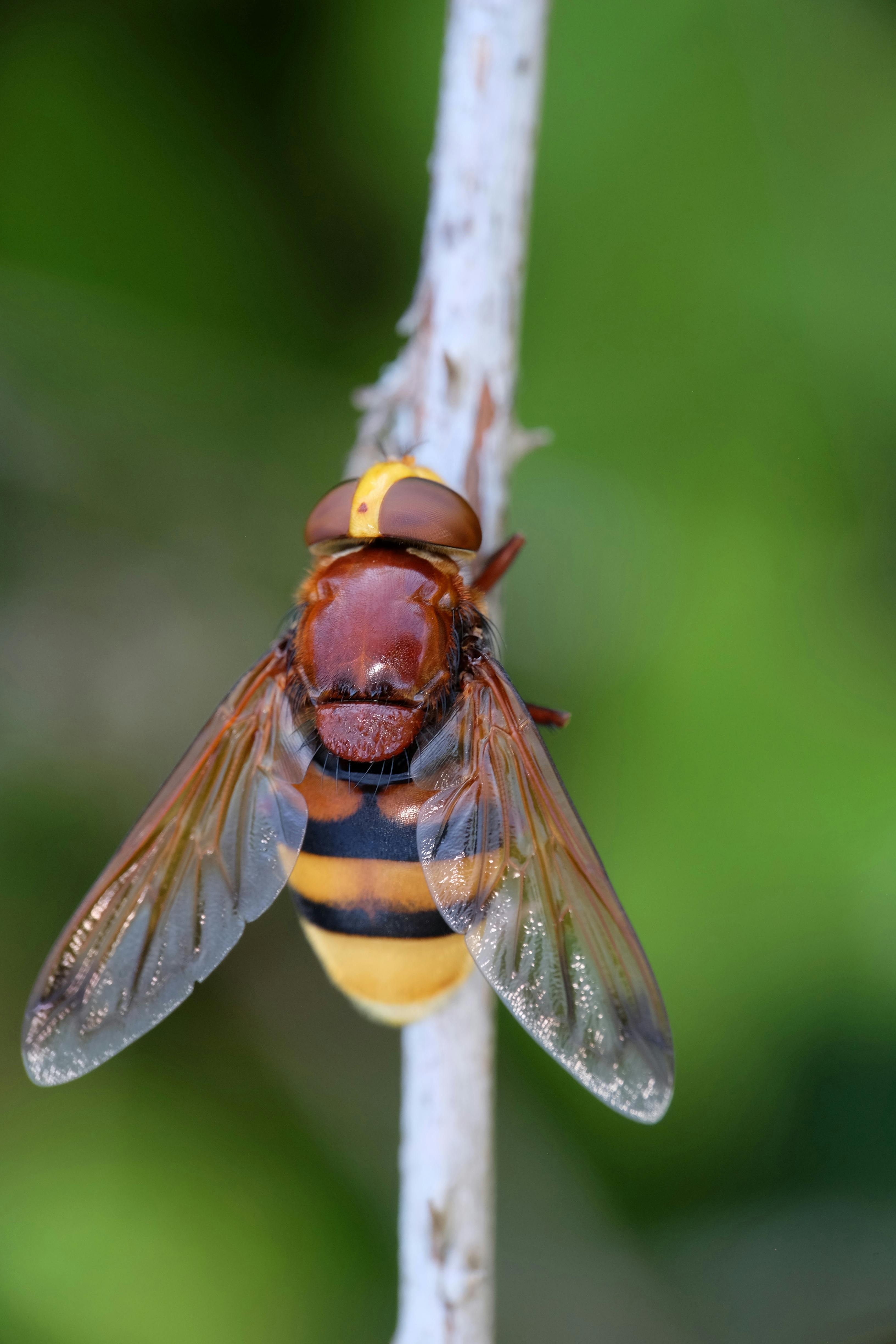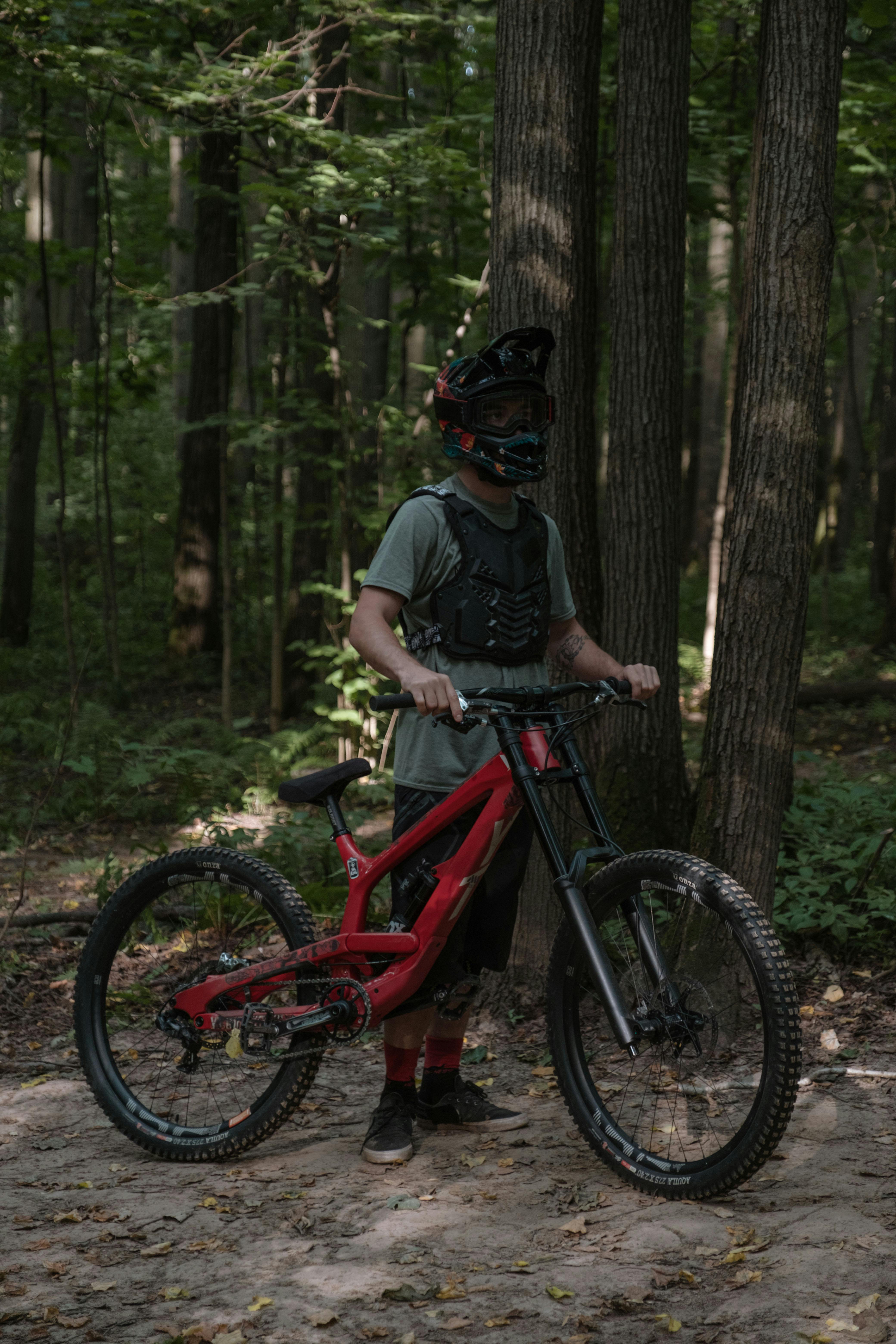Best 5 Options for Pet Octopus in 2025: Discover Now!

Best 5 Options for Pet Octopus in 2025: Discover Now!
If you're an avid marine enthusiast or considering venturing into the world of exotic pets, a pet octopus could be a fascinating addition to your household. With their unique behavior and remarkable intelligence, octopuses inspire awe and curiosity among aquarists and pet lovers alike. In recent years, the market for octopus ownership has expanded, and there are now several species that make suitable pets. This article explores the top 5 options for pet octopus in 2025, offering valuable insights into their care, habitats, and maintenance needs.
From their food preferences to tank setup requirements, we will provide essential information for prospective owners to ensure responsible pet ownership. With the right knowledge, you can create a thriving environment for your pet octopus, enriching both your and their lives. Dive into our guide to learn how to select the perfect octopus for your aquarium!
Key takeaways will include cohort requirements, behavioral traits, and tips for creating an ideal habitat. As you embark on your journey to finding the perfect pet cephalopod, remember that knowledge is key to nurturing the well-being of these fantastic marine creatures.
Top 5 Types of Pet Octopus for Aquarists
When searching for an octopus for sale, it's essential to understand the different species available. Each variety has unique traits and requirements that can influence their suitability as a pet. Here are the top five selections for the best pet octopus in 2025:
1. The Common Octopus (Octopus vulgaris)
Renowned for their intelligence and adaptability, the Common Octopus is a popular choice among marine pet lovers. With a lifespan of 1 to 2 years, they require salty environments and ample space. A 50-gallon aquarium is recommended to facilitate proper swimming and hiding options.
One key benefit of this species is their engaging behavior; they often interact with their owners and display curiosity. Regular tank enrichment is crucial for keeping them stimulated. Always remember the essentials for octopus care, focusing on their feeding and environment.
2. The Blue-Ringed Octopus (Hapalochlaena spp.)
A captivating yet ideal marine pet for experienced aquarists, the Blue-Ringed Octopus is known for its vibrant colors and unique defense mechanisms. This small octopus species is highly venomous, making them a novelty but requires extreme caution when handling.
Their habitat needs include a well-maintained tank with plenty of hiding spaces. Owners must prioritize health monitoring due to their toxic capabilities, understanding responsible pet ownership principles. These organisms thrive on crustaceans, ensuring a varied diet is provided.
3. The Atlantic Pygmy Octopus (Octopus joubini)
Perfect for smaller home aquariums, the Atlantic Pygmy Octopus is often recommended for new octopus owners. These small pet octopuses only grow up to 3 inches in size and can be kept in a 20-gallon tank.
With a shorter lifespan of about 1 to 2 years, their requirements are less daunting than larger species. They are social creatures, easily enriched with toys and fixtures in their tank. Understanding the needs for octopus behavior will enhance the ownership experience, fostering a healthy environment.
4. The Coconut Octopus (Amphioctopus marginatus)
Famous for its surprising intelligence, the Coconut Octopus is known to use coconut shells as tools. This unique behavior fascinates many and is an impressive aspect of their adaptation to the wild.
They require a spacious tank setup with plenty of natural decorations to mimic their natural habitat. Their diet primarily consists of small fish and crustaceans, emphasizing the need for diverse octopus food sources.
5. The Reef Octopus (Octopus briareus)
The Reef Octopus is a popular choice for their vibrant colors and unique personality. They thrive in larger aquariums, typically upwards of 75 gallons. Owners will find their needs similar to other octopus species, including a focus on a diet rich in protein and enrichment opportunities.
This species enjoys a deeper environment with various hiding spots and plants. Understanding their aggressive tendencies will help in managing tank compatibility with other aquatic life.
 example.com/image2.png
example.com/image2.png
Setting Up the Perfect Octopus Habitat
Creating an accommodating octopus environment is crucial for nurturing a healthy marine pet. Here are essential components and considerations for setting up the ideal aquarium:
Tank Size and Equipment
The size of your aquarium is foundational for successful octopus care. Typically, a tank of at least 50 gallons is recommended for most species, with many experts suggesting larger setups to provide ample swimming space. Equipment such as high-quality filtration systems, heaters, and lights will enhance the habitat and ensure proper conditions.
Choosing Tank Decor
Proper tank decoration is essential not just for aesthetics but also for creating hiding spots and stimulating environments. Utilize natural rocks, caves, and shells to simulate their ocean habitat. Ensure any materials used are free from toxins and suitable for marine life.
Water Quality and Parameters
Maintaining optimal water quality is foundational to octopus health. Conduct regular tests for salinity, pH, and ammonia levels. Weekly water changes will help keep the environment stable and support the well-being of your pet. Additionally, establishing a cycle before introducing your octopus allows the tank to settle.
Feeding and Caring for Your Octopus
Understanding the dietary needs of octopuses is critical for their overall health. Proper nutrition is instrumental in maintaining their vitality. Here’s how to effectively feed your pet octopus:
Types of Octopus Food
Octopus diets primarily consist of crustaceans, small fish, and mollusks. You can find a variety of octopus food options in pet supplies for octopuses, but ensuring a balanced intake is vital. Rotate between different protein sources to keep their diet diverse.
Feeding Frequency and Tips
Most pet octopuses can be fed every 2-3 days, keeping in mind their energy needs. Monitor their eating habits and watch for signs of overfeeding. Adjust food portions based on their activity levels. Caring for a pet octopus involves knowing when they are hungry to initiate feeding before they become lethargic.
Engaging with Your Pet Octopus
One of the best aspects of octopus ownership is interacting with them. These intelligent creatures exhibit unique behavior patterns and can form bonds with their owners:
Octopus Behavior and Training
Engaging an octopus in socialization and mental stimulation can lead to improved health and happiness. Spend time observing their behavior, providing enrichment materials like toys to prevent boredom.
Octopus Enrichment Activities
Enrichment can come in the form of interactive feeding puzzles or mirrors that promote curiosity. Consider incorporating elements that let your octopus showcase their problem-solving skills. Regularly changing their environment with new objects can keep them stimulated and engaged.
Conclusion: Why Choose a Pet Octopus?
Owning a pet octopus can be a rewarding experience. These remarkable marine invertebrates not only offer aesthetic beauty to your aquarium but also challenge owners with their intelligence and need for mental stimulation. As you embark on this adventure, it's vital to ensure a commitment to their care. Consider their specific habitat needs and be mindful of their behaviors for successful ownership.
In summary, selecting the right octopus for your lifestyle, creating the optimal environment, and engaging with your pet can lead to a fulfilling marine experience. If you're ready to dive into this unique world of cephalopods, the time is ripe to purchase an octopus for your home aquarium!
 example.com/image3.png
example.com/image3.png